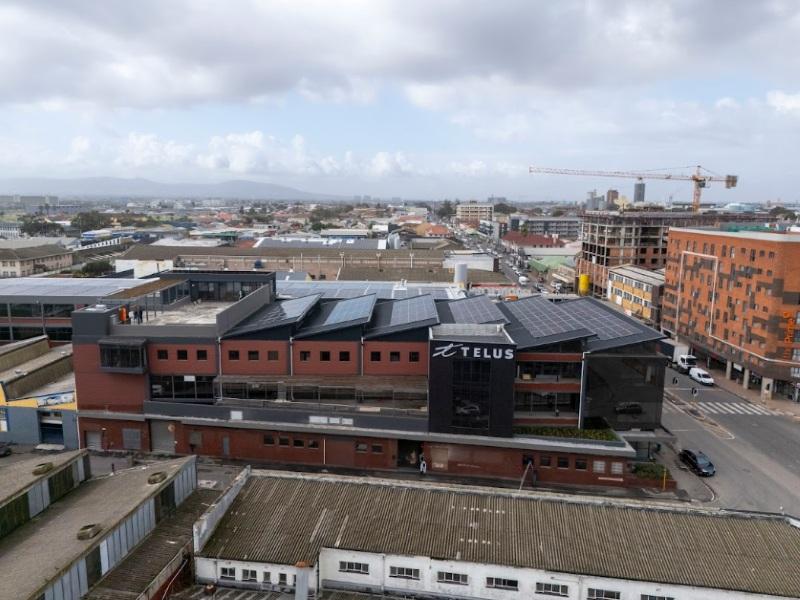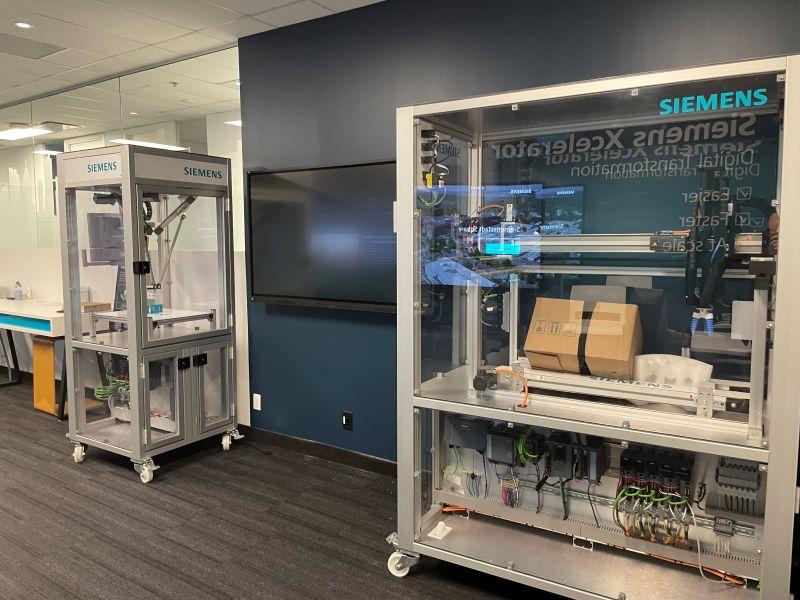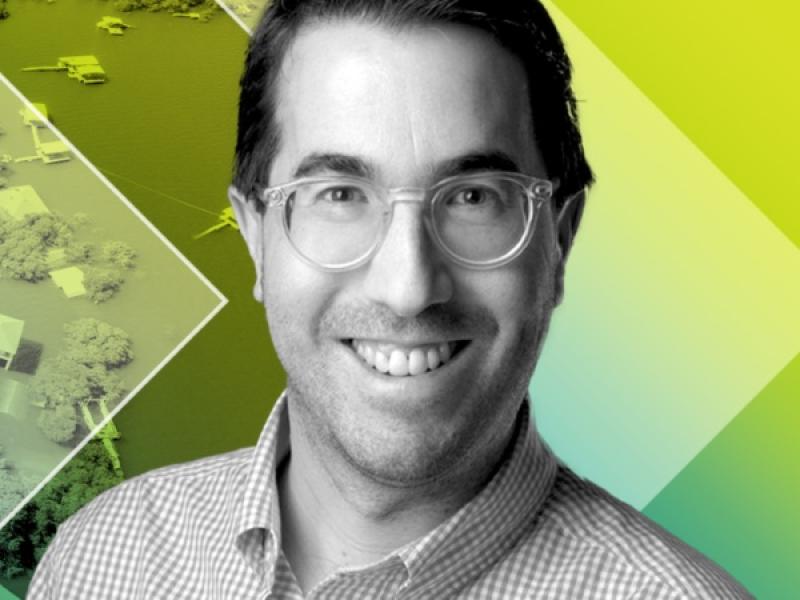Recent Articles
REALPAC’s first global survey shows diversity a priority
REALPAC’s first global survey shows diversity a priority
The first global survey by REALPAC and several international partners found 92 per cent of respondents already have a diversity, equity and inclusion (DEI) policy, or said they intend to implement one within 12 months.
Canada’s financial industry needs an ESG skills upgrade
Canada faces an ESG talent gap. There’s no shortage of discussion about the nuts and bolts of environmental, social and governance issues. Governments, regulators and investors are demanding more disclosure, analysis and management of business risks related to sustainability.
Financial sector faces climate transition risk: B of C
• Globe and Mail • Financial Post • Bank of Canada media release
Canada’s long-term economic growth and the stability of its financial system could be at risk if the country delays transition to a low-carbon world, said the Bank of Canada after examining the balance sheets of RBC and four insurance companies.
Transforming Canada’s heavy industry to net-zero
When it comes to decarbonizing the Canadian economy, heavy industries, such as steel and concrete manufacturing, might be the hardest to untangle from their carbon emissions. Heavy industry has seen only a slight reduction in its greenhouse gas emissions since 2005.
OPG to break ground on mass timber HQ project
Given the ambitious goals in its 2020 Climate Change Plan, Ontario Power Generation (OPG) has no option but to aim high as it moves toward construction of its new low-carbon, low-slung mass timber Clarington Corporate Campus breaking ground this year.
Battery storage, a new real estate asset class
• Bisnow
Rapid changes in society are creating new real estate asset classes almost every week, from last-mile logistics and film studios to mini data centres and dark kitchens. The need to cut carbon emissions is adding a new sector to that list: battery storage.
 |
Maximizing results for building operations |
CEO and co-founder, Parity Inc.
An active way to be earth friendly: build a passive home
There are a few homes in near Ottawa that are net-zero. Net-zero homes produce as much energy (or more) as they consume. Some, like Bruce Fanjoy and his wife Donna Nicholson, own a “passive” house.
BrightDrop gets EV fleet orders from Walmart, FedEx
• GreenBiz • BrightDrop News Release
Electric vehicle and last-mile delivery company BrightDrop, a subsidiary of General Motors, kicked off 2022 with splashy new deals with Walmart and FedEx. Building up its zero-emissions fleet, mega-cap company Walmart inked an agreement for 5,000 BrightDrop electric home delivery vans.
Electric vehicles are about to take over the job site
Conventional wisdom on electric pickup trucks is that they weren’t suitable for work duty. Heavy and expensive batteries would make it difficult to tow big payloads and the outsized cost of electric vehicles would be beyond what contractors would pay.
Car advertising finally goes electric
Car brands collectively ran four times as many national television ads for EVs in 2021 as they did in either of the previous two years. General Motors, Ford Motor Co., and Volkswagen among others, spent an estimated $248 million on nearly 33,000 spots.
Vermont utility wants to ‘radically transform’ grid
Green Mountain Power (GMP), Vermont’s largest utility, plans to create new microgrids and community resilience zones as part of a plan to “radically transform” the grid that is outlined in the utility’s new integrated resource plan (IRP).
Eastman plans world’s largest plastics recycling facility
With the support of numerous global brands, Eastman Chemical Company’s plan to invest up to $1 billion in a material-to-material molecular recycling facility in France that would recycle more than 176,000 tons annually of hard-to-recycle plastic waste that is currently being incinerated.
Beautycounter, HP, Walmart manage chemical risk
• GreenBiz
California recently banned the use of PFAS in children’s products and disposable food packaging and set new disclosure requirements for the presence of these toxic “forever chemicals.” Maine and the Biden administration have also introduced legislation to regulate PFAS.
A reusable takeout container program in Victoria, B.C.
• CBC • Victoria Times Colonist
A group of restaurants known as the Bread and Butter Collective in Victoria B.C. has a program that utilizes reusable takeout containers to pack customers’ orders where the customers can purchase a reusable container for $8 to pack their food.
How to fuel a sustainable future for packaging
Solving the ongoing packaging conundrum demands a significant shift in how businesses think — moving from a linear to a circular model of operation to improve the amount of packaging that can be reused, recycled and returned to the value chain.
Delays push cost to rebuild fire-razed Lytton to $102M
• CBC
Insurance losses from a wildfire that wiped out most of Lytton, B.C., have surged to $102 million. The Insurance Bureau of Canada says the amount has risen from an original estimate of $78 million mostly because of delays in rebuilding the village.
Enough with ‘smart cities,’ we need cities done right
At Treehugger we are not alone in complaining about the silliness of “smart.” In Yale 360, Jim Robbins explains why the luster on once-vaunted smart cities is fading and looks at smart city proposals on the boards and in the dumpster.
Where do cities stand in cutting global emissions?
Cities account for over 70 per cent of global CO2 emissions, most of which come from industrial and motorized transport systems that use huge quantities of fossil fuels and rely on far-flung infrastructure constructed with carbon-intensive materials.
U.S. to lease 500,000 acres of ocean for wind power
The U.S. government will lease an area of the ocean larger than half the size of Rhode Island off the U.S. east coast for wind power development that could lead to enough energy production to power two million homes.
 Industry Events
Industry Events
-
ECO IMPACT 2026
Feb 19 2026
to Feb 20 2026
The Westin Calgary -
BuildGreen Atlantic
Apr 27 2026
to Apr 28 2026
Halifax, NS -
The Evergreen Conference
May 06 2026
to May 07 2026
Toronto, ON -
Building Lasting Change
Jun 17 2026
to Jun 19 2026
Montréal, QC -
Retrofit Canada Conference
Jun 24 2026
to Jun 25 2026
Halifax Convention Center











